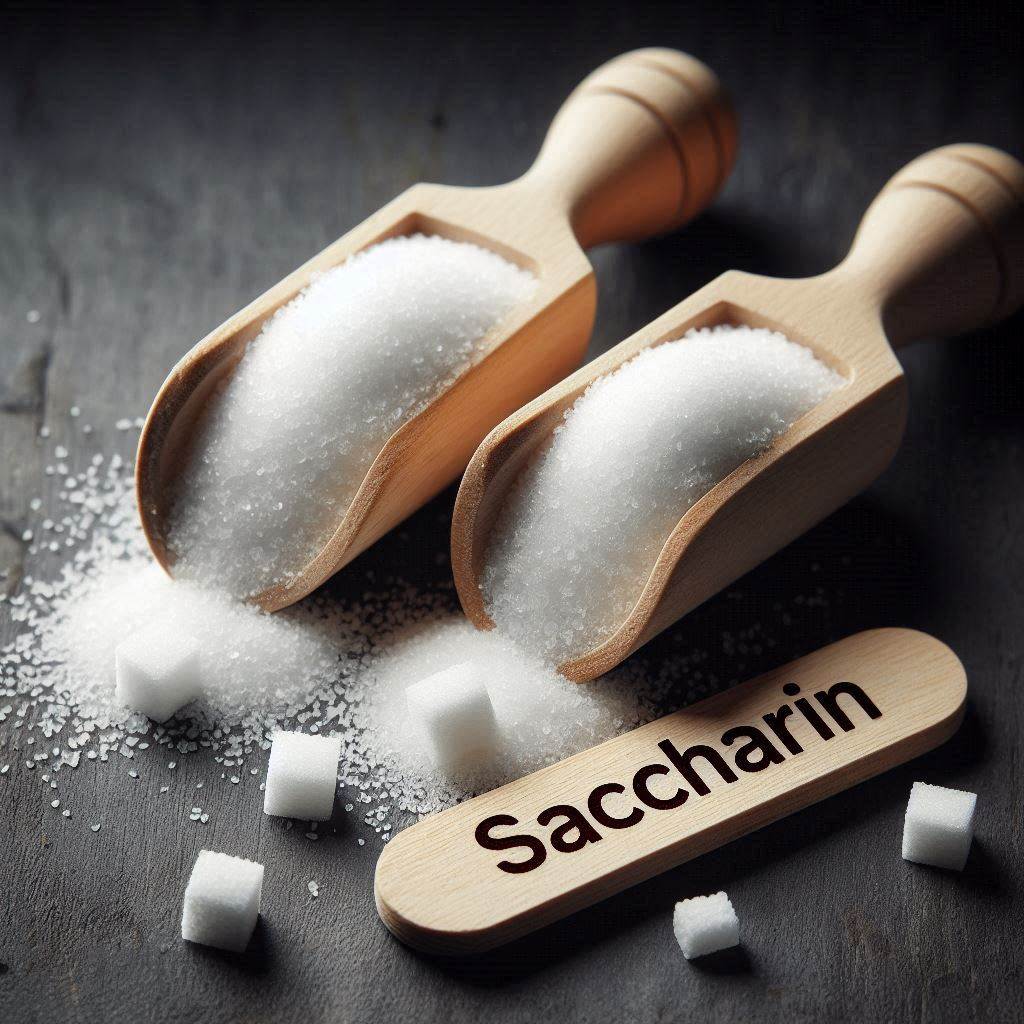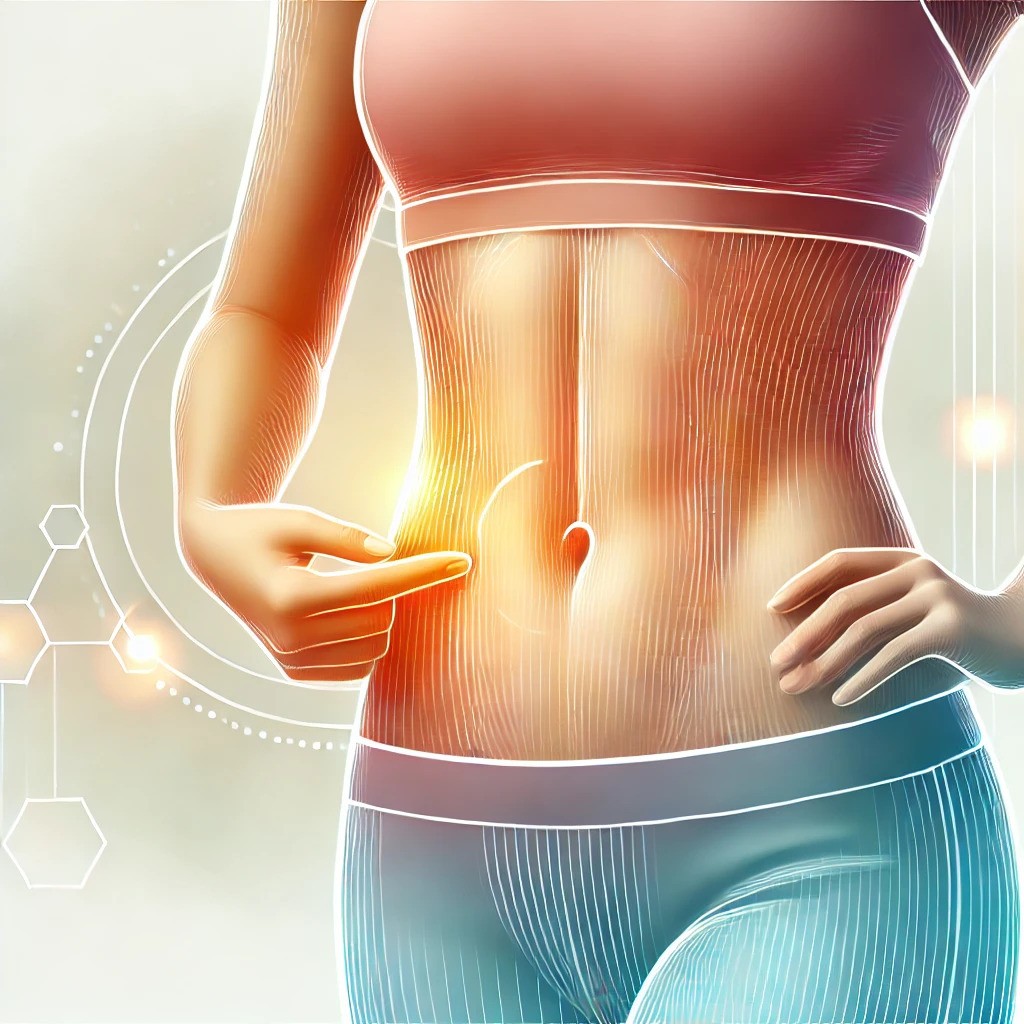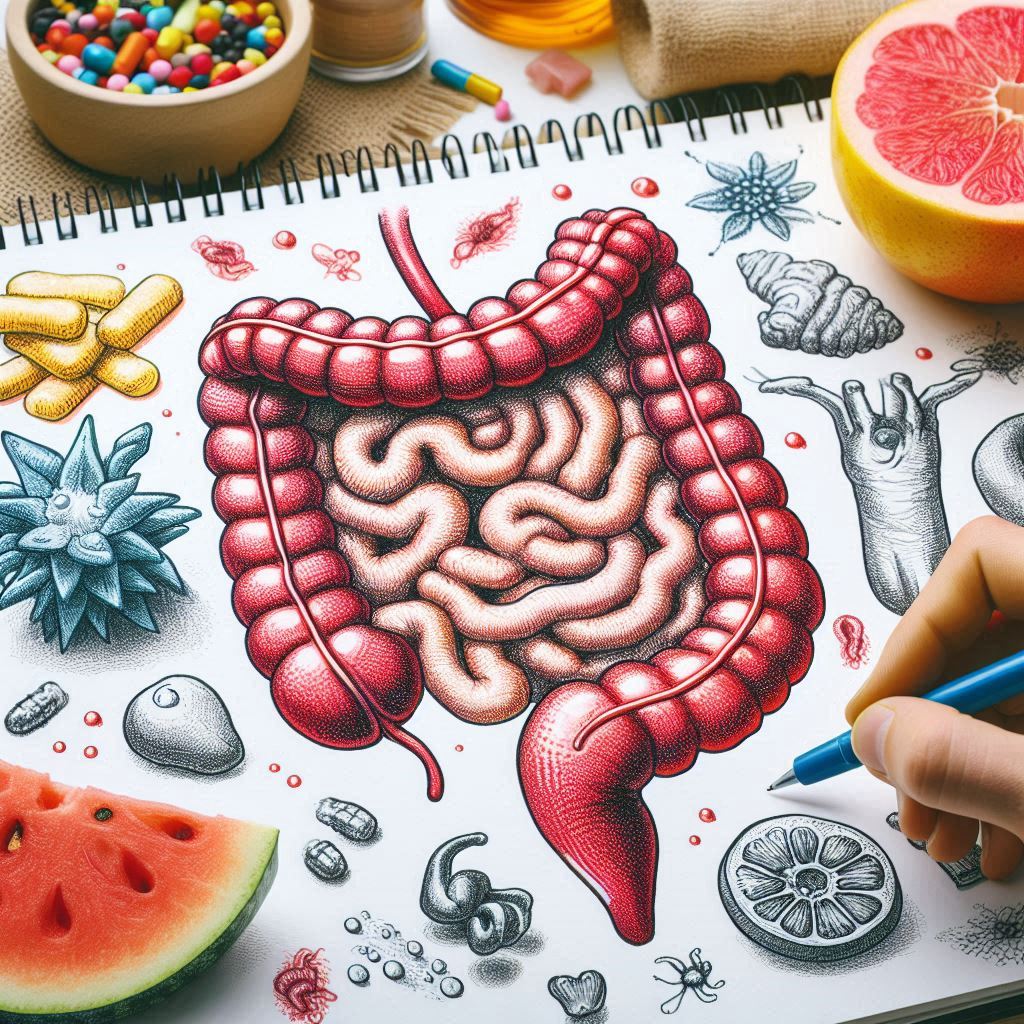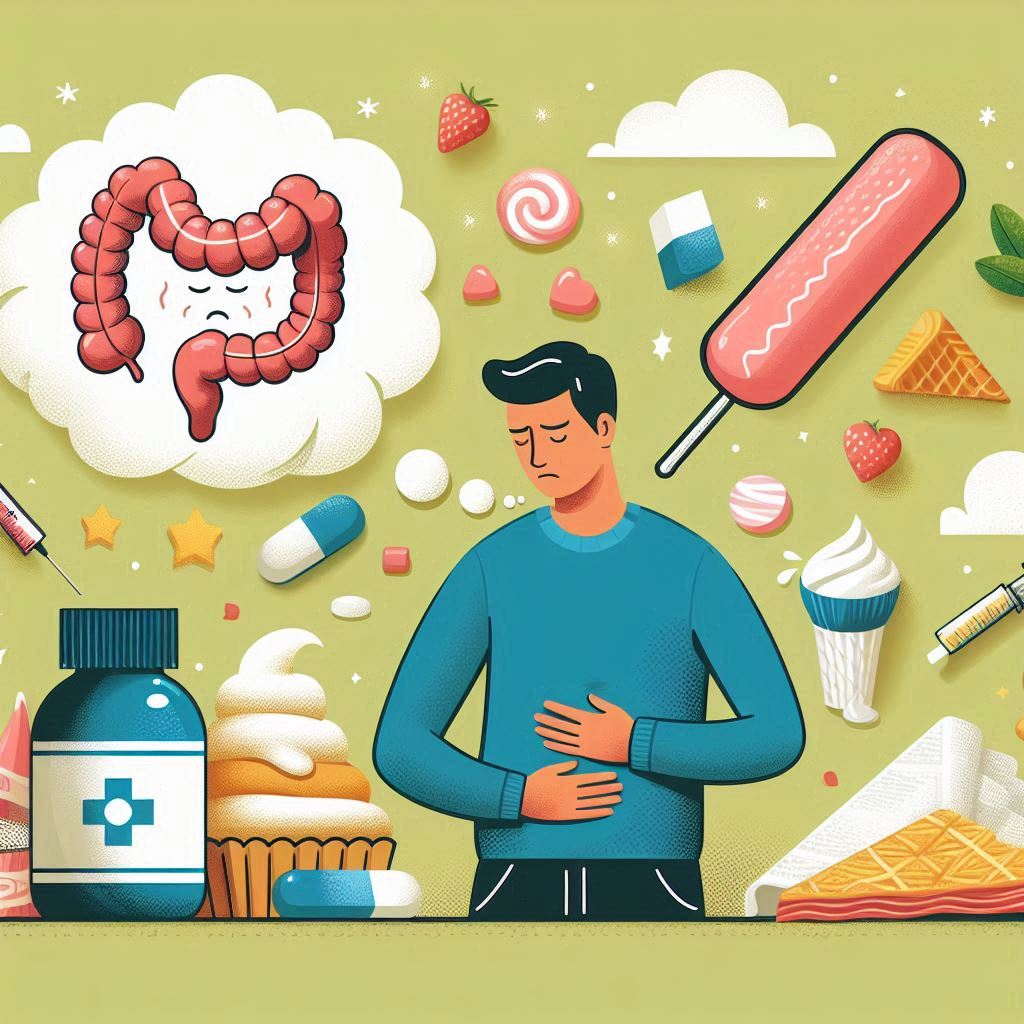The Good, the Bad, and the Downright Ugly of Artificial Sweeteners: A Deep Dive!
When we think of sugar, we imagine sweet indulgence—but what happens when we replace that with artificial sweeteners? Could these sugar substitutes really give us all the sweetness we crave without the dreaded calories or blood sugar spikes? It sounds like the dream for diabetics, weight-watchers, and even health-conscious individuals. But as with everything, there’s more beneath the surface. Let’s dive into the good, the bad, and the downright ugly truths about artificial sweeteners, based on solid science.
First up, what exactly are artificial sweeteners? They’re synthetic sugar substitutes, many of which are intensely sweeter than sugar but with far fewer calories. Some of the most popular ones include aspartame, sucralose, and saccharin. But just because they’re "sweet" doesn’t mean they come without controversy.
Let’s take a closer look at each, starting with the benefits.

The Good: Low-Calorie and Diabetic-Friendly
Artificial sweeteners can be a saviour for those trying to cut down on calories or manage diabetes. Since they are non-caloric or low-caloric, they don’t affect blood sugar levels, making them a safer alternative for diabetics1. For those looking to control their weight, artificial sweeteners offer the sweetness of sugar without the calorie overload. Sucralose, for example, is 600 times sweeter than sugar but passes through the body undigested, meaning zero impact on blood glucose2.
But is it all as sweet as it sounds?

The Bad: Gut Flora and Obesity
While artificial sweeteners don’t contribute calories, they aren’t necessarily without harm. Emerging evidence suggests that they may interfere with the body’s gut flora, potentially leading to metabolic changes and even weight gain3. A Cochrane review found that while these sweeteners didn’t cause weight gain directly, their interaction with gut bacteria might promote obesity in certain individuals4. This is because the disruption in the gut microbiome could lead to insulin resistance, increased appetite, or altered metabolism5.
And then there’s the issue of “overcompensation.” People might subconsciously eat more because they think they’ve saved calories by using artificial sweeteners, negating any potential benefit6.

The Downright Ugly: Potential Side Effects
Some artificial sweeteners come with less-than-sweet side effects. Sucralose, for instance, may have a laxative effect for some people. There’s also the risk that regularly consuming artificial sweeteners might train the brain to crave more sweet foods, potentially worsening sugar cravings in the long run7.
The long-term safety of some artificial sweeteners is still under debate. For instance, saccharin was once thought to increase cancer risk, though more recent studies have dispelled this for humans8. However, it’s important to remain cautious and avoid overconsumption.

Alternatives: Are There Better Choices?
If artificial sweeteners don’t seem worth the risk, what are the alternatives? Natural sweeteners like stevia or monk fruit extract might be the way to go. These plant-based sweeteners offer a more natural option while still providing sweetness without the calories9.
Conclusion: Moderation is Key
While artificial sweeteners can help reduce sugar intake and manage weight or diabetes, they come with risks that shouldn’t be ignored. For those who rely on them, moderation is crucial, and considering natural alternatives might be a better long-term strategy.
References
1. Mooradian AD, Smith M, Tokuda M. The role of artificial and natural sweeteners in reducing the consumption of table sugar: A narrative review. Clin Nutr ESPEN. 2017 Apr;18:1-8. doi:10.1016/j.clnesp.2017.01.004.
2. Magnuson BA, Carakostas MC, Moore NH, Poulos SP, Renwick AG. Biological fate of low-calorie sweeteners. Nutr Rev. 2016 Nov;74(11):670-689. doi: 10.1093/nutrit/nuw032.
3. Le Roy, T., Clément, K. Bittersweet: artificial sweeteners and the gut microbiome. Nat Med 28, 2259–2260 (2022). doi: 10.1038/s41591-022-02063-z.
4. Toews I, Lohner S, Küllenberg de Gaudry D, Sommer H, Meerpohl J J. Association between intake of non-sugar sweeteners and health outcomes: systematic review and meta-analyses of randomised and non-randomised controlled trials and observational studies. 2019; doi: 10.1136/bmj.k4718.
5. Artificial sweeteners produce the counterintuitive effect of inducing metabolic derangements Swithers, Susan E. Trends in Endocrinology & Metabolism, Volume 24, Issue 9, 431 - 441
6. Sylvetsky AC, Rother KI. Artificial sweetener use and metabolic health. Physiology & Behavior. 2018; doi: 10.1016/j.physbeh.2017.11.021.
7. Yang Q. Gain weight by "going diet?". Yale Journal of Biology and Medicine. 2010; doi: PMC2892765.
8. Weihrauch MR, Diehl V. Artificial sweeteners--do they bear a carcinogenic risk? Ann Oncol. 2004 Oct;15(10):1460-5. doi: 10.1093/annonc/mdh256. PMID: 15367404.
9. Saraiva A, Carrascosa C, Raheem D, Ramos F, Raposo A. Natural Sweeteners: The Relevance of Food Naturalness for Consumers, Food Security Aspects, Sustainability and Health Impacts. Int J Environ Res Public Health. 2020 Aug 28;17(17):6285. doi: 10.3390/ijerph17176285.